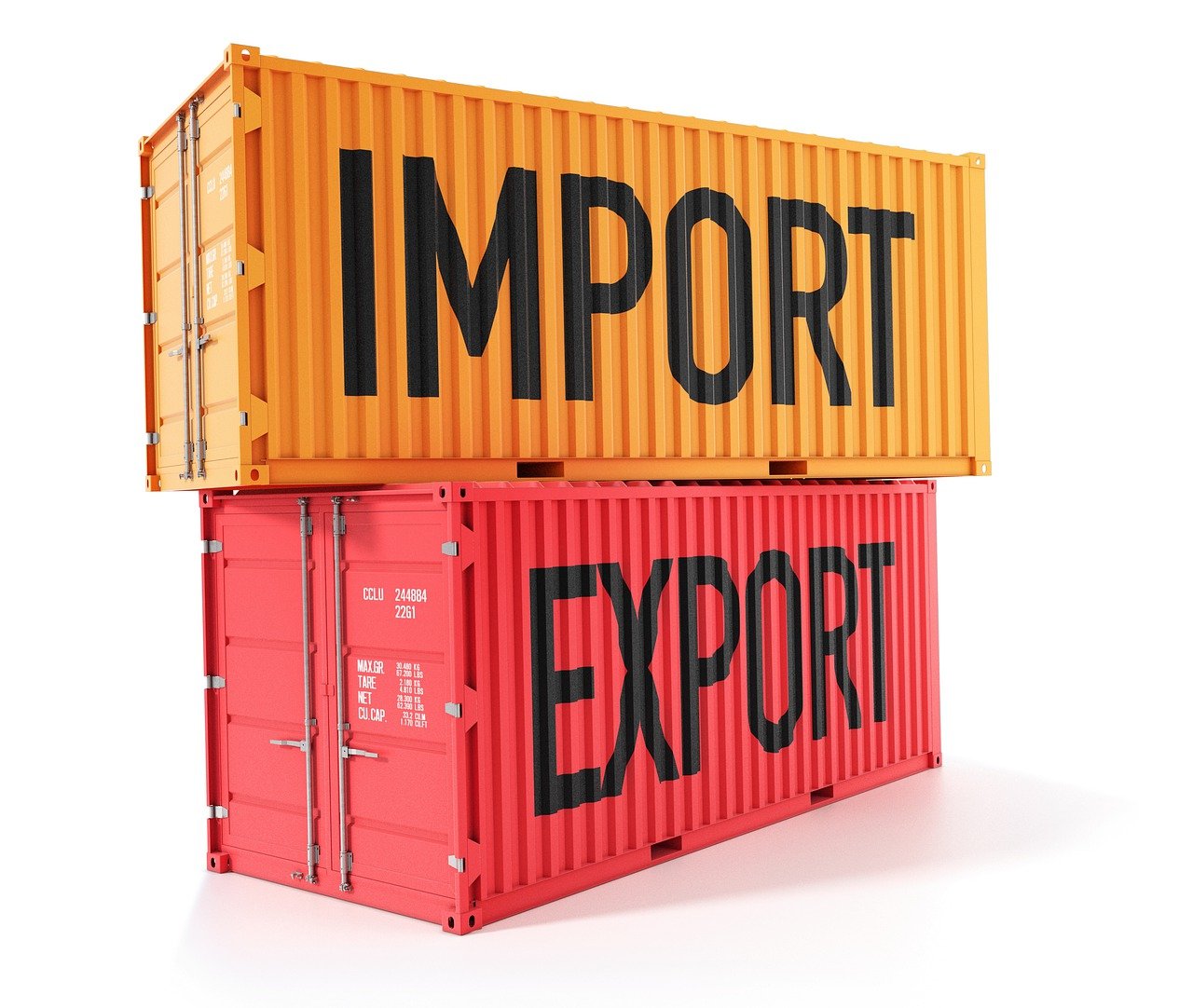France, as one of the largest economies in Europe, presents numerous opportunities for businesses looking to import, export, or establish operations within its borders. However, navigating the landscape of French tax, import, and export regulations can be complex.
This article aims to demystify these regulations, providing comprehensive insights into France’s tax framework, import and export guidelines, VAT intricacies, essential deadlines, and more.
Whether you’re a new business owner or a seasoned entrepreneur, understanding these regulations is crucial for compliance and success in the French market.
Understanding France’s Tax Framework for Businesses
Navigating the French tax system is essential for any business operating within the country. France employs a progressive corporate tax rate that varies based on the company’s annual turnover.
As of recent reforms, the standard corporate tax rate has been reduced from 33.33% to 25% by 2022 for most companies, aligning more closely with the average rates across the European Union. This makes the French market more attractive to foreign investors and domestic businesses alike.
In addition to corporate income tax, businesses in France must also contend with local taxes, such as the “Contribution Économique Territoriale” (CET).
The CET consists of two components: the “Cotisation Foncière des Entreprises” (CFE), which is based on the rental value of the business property, and the “Cotisation sur la Valeur Ajoutée des Entreprises” (CVAE), calculated on the added value generated by the business.
Understanding these local taxes is essential for accurate financial planning and compliance.
France also imposes a Social Security Contribution for employers, which is a significant component of business costs. Employers are required to contribute to various social insurance schemes, including health, pension, and unemployment insurance.
These contributions can be substantial, thus impacting the overall cost of employing staff in France. Keeping abreast of changes in contribution rates and related regulations is essential for maintaining compliance.
One unique aspect of the French tax system is the “Taxe sur les Salaires” (TS), which is applicable to businesses not subject to VAT, such as banks and insurance companies.
This salary tax is progressive, with rates increasing based on the total amount of taxable salaries paid by the business. Understanding whether your business falls under this tax category and the applicable rates is crucial for accurate tax planning.
For businesses involved in research and development, France offers a favorable “Crédit d’Impôt Recherche” (CIR), a tax credit that can significantly reduce the tax burden.
This credit is designed to encourage innovation by allowing businesses to deduct a percentage of their R&D expenses from their tax liabilities. Utilizing such incentives can provide substantial financial benefits, promoting further innovation within the company.
Finally, navigating the complexities of French tax regulations often necessitates the assistance of tax advisors or legal experts. These professionals can provide valuable guidance on compliance, optimizing tax liabilities, and leveraging available tax credits and incentives. For businesses new to the French market, engaging such expertise can be particularly beneficial.
Key Import Regulations Every Business Must Know
Importing goods into France involves navigating a series of regulatory requirements designed to protect the economy, consumers, and the environment. One of the primary regulations businesses must be aware of is the requirement for import licenses for certain goods.
Items such as agricultural products, chemicals, and pharmaceuticals often require specific permits or approvals before they can be legally imported. Understanding which products fall under these categories is essential to ensure compliance and avoid delays at customs.
Businesses must also adhere to the French and EU product standards and safety regulations. These standards are in place to ensure that imported goods meet specific health, safety, and environmental criteria.
Failure to comply can result in goods being rejected at the border, fines, or even legal action. Therefore, it is crucial for importers to thoroughly understand the applicable standards for their products and ensure that their goods comply before shipping.
Customs duties and tariffs are another critical aspect of importing into France. The rates vary depending on the type of goods and their country of origin. The EU’s Common External Tariff (CET) applies to goods imported from non-EU countries, while preferential rates may apply to goods from countries with which the EU has trade agreements. Calculating these costs accurately is vital for financial planning and pricing strategies.
The Import Control System (ICS) is a crucial part of the import process in France. This system requires importers to provide advance information about their shipments before they arrive at the EU border.
The information helps customs authorities assess the risk of the goods and ensure compliance with security regulations. Failing to provide accurate and timely information can lead to delays and additional inspections, which can disrupt supply chains.
For businesses importing raw materials or components for manufacturing, the Inward Processing (IP) regime can offer significant benefits. This customs procedure allows goods to be imported without paying duties, provided they are processed and re-exported outside the EU within a specified period.
Utilizing the IP regime can help businesses manage cash flow and reduce overall import costs, making it an attractive option for manufacturers.
Engaging with experienced customs brokers or consultants can be invaluable for navigating import regulations in France. These professionals can assist with obtaining necessary licenses, ensuring compliance with standards, calculating duties, and managing customs documentation.
Their expertise can help streamline the import process, reduce the risk of regulatory issues, and ensure that goods move smoothly through customs.
Export Guidelines: France’s Rules and Procedures
For businesses looking to export goods from France, understanding the regulatory landscape is crucial to ensure smooth and compliant operations. One of the first steps in the export process is determining whether the goods require an export license.
Certain products, including military equipment, dual-use goods (items that can be used for both civilian and military applications), and cultural artifacts, are subject to strict export controls. Businesses must apply for the appropriate licenses and ensure that all necessary documentation is in place before shipping these goods.
Exporters must also be aware of the destination country’s import regulations. Each country has its own set of rules regarding product standards, safety requirements, and documentation.
Ensuring that goods comply with these regulations can prevent delays at the destination and avoid potential fines or legal issues. It is advisable to work closely with local partners or consultants who are familiar with the target market’s regulations.
Customs declarations play a vital role in the export process. In France, the Single Administrative Document (SAD) is used for customs declarations and provides essential information about the goods being exported, including their classification, value, and origin.
Accurate and complete declarations are necessary to avoid delays and ensure compliance with both French and destination country regulations. Utilizing customs software or engaging a customs broker can streamline this process and reduce the risk of errors.
France’s participation in the European Union simplifies the export process to other EU member states. Goods can move freely within the EU without the need for customs checks or additional documentation, thanks to the Single Market.
However, businesses must still comply with VAT regulations and ensure that intra-EU sales are properly documented. Maintaining accurate records of these transactions is essential for VAT reporting and compliance.
Export financing and risk management are critical considerations for businesses looking to expand internationally. France offers various export financing options, including guarantees and insurance provided by Bpifrance, the French public investment bank.
These financial instruments can help mitigate the risks associated with international trade, such as non-payment by foreign buyers or political instability in the destination country. Leveraging these resources can provide greater financial security and enable businesses to pursue export opportunities with confidence.
Finally, understanding and complying with trade sanctions and embargoes is essential for French exporters. France, as a member of the EU, adheres to the EU’s common trade policy, which includes sanctions against certain countries and entities.
Exporters must ensure that their goods do not violate these sanctions and that they conduct thorough due diligence on their trading partners. Failure to comply with trade sanctions can result in severe penalties, including fines and legal action.
Navigating VAT in France: A Comprehensive Guide
Value Added Tax (VAT) is a crucial component of the French tax system, impacting both businesses and consumers. The standard VAT rate in France is 20%, with reduced rates of 10%, 5.5%, and 2.1% applicable to specific goods and services, such as food, books, and medical products.
Understanding which rate applies to your business’s products or services is essential for accurate pricing and tax compliance.
Businesses in France are required to register for VAT if their taxable turnover exceeds a certain threshold. For most businesses, the threshold is €85,800 for sales of goods and €34,400 for services.
Once registered, businesses must charge VAT on their sales, collect it from customers, and remit it to the tax authorities. Failure to register for VAT when required can result in significant penalties and interest charges.
VAT returns must be filed regularly, usually on a monthly or quarterly basis, depending on the business’s turnover. These returns detail the VAT collected on sales and the VAT paid on purchases, with the difference resulting in either a payment to the tax authorities or a refund.
Accurate record-keeping is essential for completing these returns correctly and avoiding discrepancies that could trigger audits or penalties.
For businesses trading within the EU, the concept of “reverse charge” VAT is important. Under the reverse charge mechanism, the responsibility for reporting VAT shifts from the supplier to the customer.
This system aims to simplify cross-border transactions and reduce the risk of VAT fraud. However, it requires businesses to understand and correctly apply the reverse charge rules to avoid compliance issues.
One of the challenges of dealing with VAT is the potential for double taxation or non-taxation in cross-border transactions. France has implemented the EU VAT Mini One Stop Shop (MOSS) scheme, which simplifies VAT compliance for businesses providing digital services to consumers within the EU.
By registering for MOSS, businesses can report and pay VAT on these services through a single portal, rather than dealing with multiple tax authorities.
Navigating VAT regulations can be complex, particularly for businesses with international operations. Engaging VAT experts or tax consultants can provide valuable assistance in ensuring compliance, optimizing VAT recovery, and managing the complexities of cross-border transactions.




